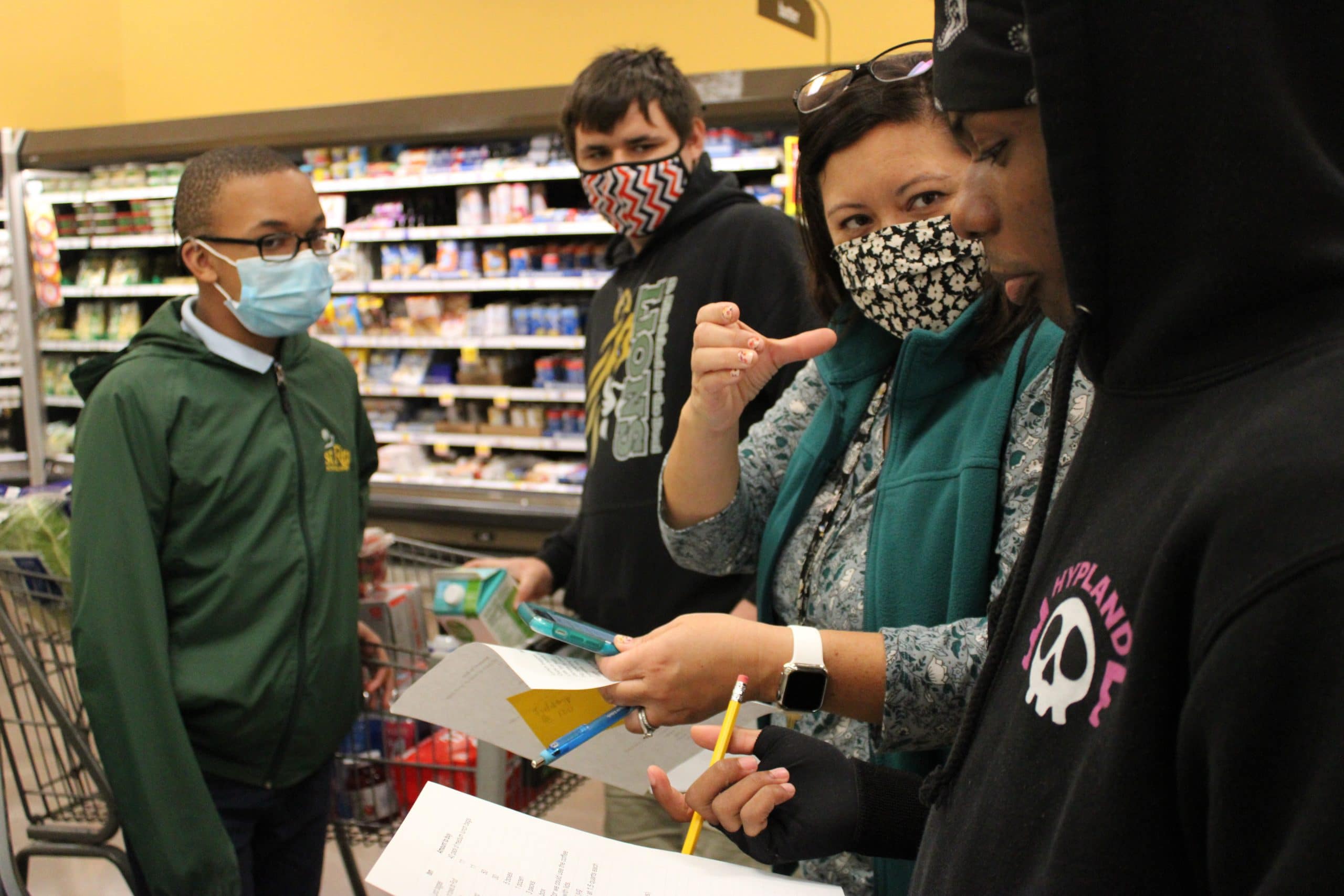By Eileen Connelly, OSU
Helping students identify their interests, hone their skills, increase their confidence and prepare to enter the workforce. These are the goals of the work-study program at St. Rita School for the Deaf.
In recent years, explained Principal Natalie Marsh, the Ohio Department of Education began a significant push for schools to ensure students are college-ready or prepared for the workforce. To address that and be sure their students have every advantage in the hearing world, St. Rita introduced its work-study program in grades seven through twelve. A unique aspect of the program is that in addition to classroom learning about resume writing, interview skills, and communications strategies with coworkers, supervisors, and the general public, students also receive hands-on experience at work in a local business. Students in the seventh and eighth grades have one period of work-study once a week, basically to give them a feel for what kind of opportunities are available, while the older students have two blocks of work-study weekly that provide a chance for off-campus experiences in various employment settings. Local business partners include CVS, LaRosa’s, photography studios, libraries, and animal shelters.
The program allows students to take what they’ve learned in class and apply it to real-life work situations, Marsh emphasized, and “the program helps them identify what they’re interested in doing and what their skill sets are. We try to match them with their interests,” she said.
The hands-on experience also helps students learn to address the challenges that may arise in the workplace and often takes them out of their comfort zone, whether it’s navigating communication barriers, meeting a new supervisor, or adjusting to a change in routine. The program also teaches them about the role a job plays in living independently, from being able to pay for necessities like food and rent, to saving money for fun and entertainment.
The benefits for the students are obvious, Marsh said, as they gain confidence and the motivation to develop new skills on their own and seek out additional opportunities. “We see them mature and develop their social and communication skills. Students with disabilities tend to be behind the pack. This gets them focused on the future, consider what they really want to do, and helps with their self-advocacy.”
One success story is that of a student who worked for Walmart as a click-list shopper last school year. Starting a job enabled her to open her own bank account, obtain a debit card and save money toward her tuition at Cincinnati State. Another student was excited to return to school this year and share about his summer job as a dishwasher. His teachers have seen a dramatic increase in his ability to speak up when he needs help understanding or communicating with others and attribute this to the skills he developed in the work-study program.
Angie Frith, president of St. Rita School for the Deaf, expressed her gratitude for the generosity of Catholic Ministries Appeal (CMA) donors that help make a difference in the lives of their students.
“We are grateful to the donors of the CMA for supporting the school’s mission,” she said. “Their support helps students reach their full potential and gives them communication skills and language to be confident in the hearing world.”

